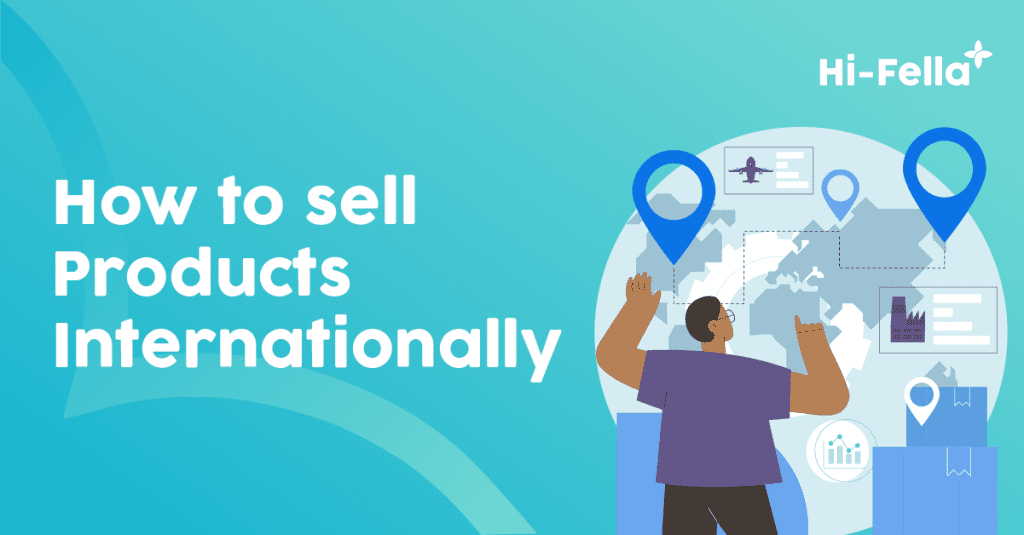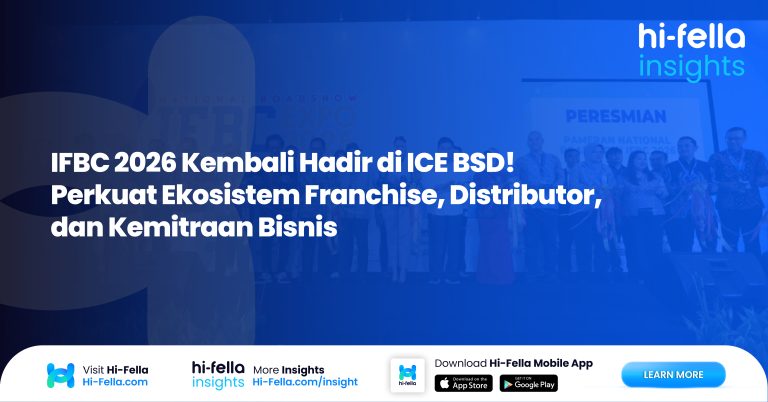In today’s globalized market, selling products internationally can open doors to new opportunities. Whether it is to get new international buyers or to build relationships with suppliers from other countries. However, it’s not always straightforward. To succeed, you need smart marketing, a grasp of international regulations about trade, and knowledge of foreign sales channels. With this article, we’re going to provide you with information on how to sell products internationally and how to find international customers.
Marketing strategies for global sales
How to sell products internationally? To thrive in this dynamic landscape, it’s essential to develop effective marketing strategies tailored for global success. There are several marketing strategies that you can try for your business.
- Add local flavor
There’s nothing universal when it comes to local flavor and preferences. So in order to get the locals interested, you need to stand in their shoes. For example McDonald’s Korea makes something like Bulgogi Burgers. In India, they mostly use curry to attract customers. - Cultural differences
You also need to understand cultural differences when it comes to finding international customers. Different cultures might need different approaches. That’s why your product can sell out in one country, but probably not in other countries. For example Chevrolet’s Nova failed in Spain because No-Va means ‘no-go’ in Spanish. - Social media
Utilizing social media can help you reach international customers because almost all people in the world use social media to promote their business. Even the big names of business such as Coca Cola, Pepsi, Samsung, and Unilever use their social media presence to promote their products. They use paid campaigns to help them reach customers. - Events and promotion
The best example for this campaign is when there’s a sports event, sport and energy drink brands are always their sponsors. Nike, Adidas, and Red Bull are three examples. They utilize sport events to elevate their sales. - Pricing and packaging
Pricing and packaging are two of the most critical things in marketing. For example shampoo is usually sold in a bottle of 200-500 ml. But in countries like Indonesia it is better to create sachet packaging of 50-100 ml to provide those in rural areas or those that have lower income.
International Trade Regulations
Introducing an export strategy to your business involves understanding and complying with various legal responsibilities that govern international trade. Different countries have different laws, rules, and trade agreements with the United States that can impact your export operations. Different products also have different rules. Being aware of these regulations is essential for selecting the right export partners and protecting your business from unfair practices.
- Licensing and Documentation
Some countries require special permits to import goods. While the foreign buyer often handles this, you should make sure they have all the needed paperwork. In the U.S., certain products might need export licenses, so check if your items fall into this category. - Tariffs and Taxes
Many countries charge taxes on imported goods, which can make your products more expensive for customers. You also need to consider Value Added Tax (VAT) or similar taxes, as they affect your pricing. - Free Trade Agreements (FTAs)
The U.S. has deals with some countries that can make exporting easier by reducing or eliminating tariffs. Using these agreements can give your business an advantage when selling to these countries. - Research and Resources
You can find information and help from organizations like the Office of Textiles and Apparel (OTEXA) to understand the rules and requirements for exporting.
Distribution Channels
There are many types of distribution channels. Five of them are direct sales, retailers, distributors, resellers, and wholesalers.
- Direct sales
Direct sales are when companies can sell things to people in a few different ways. One way is when they sell things directly to you, like a bakery selling its own bread in its shop. Another way is through the internet, where you can buy things from a company’s website. For instance, you can download music straight from a record label’s website. This is handy for things like music and computer programs that you can get online. - Retailers
Retailers play a crucial role as distribution channels for products, and they come in various forms, from your local supermarket and department stores to specialty shops and large retail giants. In today’s diverse marketplace, marketers have the opportunity to work with retailers to make their products available in physical brick-and-mortar stores, online shops, or even a combination of both digital and physical retail spaces. This versatility allows businesses to reach a broad and varied customer base through different avenues. - Independent distributor
Independent distributors are someone or agent who supplies products to retailers. They are typically used as a link in the marketing distribution chain. They have established networks with the retailers and they usually store products in their own warehouse, saving you from extra expense for maintaining storage facilities. - Reseller
Similar to distributors, but resellers sell directly to customers rather than retailers. They usually have online stores. They take commissions of the price on every sale. They also organize the shipment of products from the manufacturers or suppliers to their buyers. - Wholesaler
Wholesalers are like the bulk-buyers of the business world. They purchase large quantities of goods and can either sell them to retail stores or sometimes even to regular people through big warehouses or online shops. If your products are things that people buy in large amounts, like groceries, using a wholesaler can be a smart choice.
Unlock global opportunities for your products with Hi-Fella, an online platform where suppliers and buyers from around the world unite. With only downloading the Hi-Fella app on PlayStore or App Store and signing up for an account, you can start selling internationally today and watch your business soar. Join us now!








